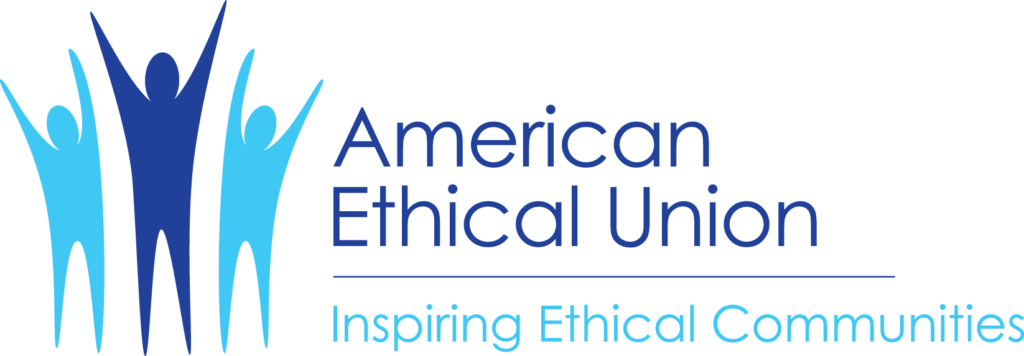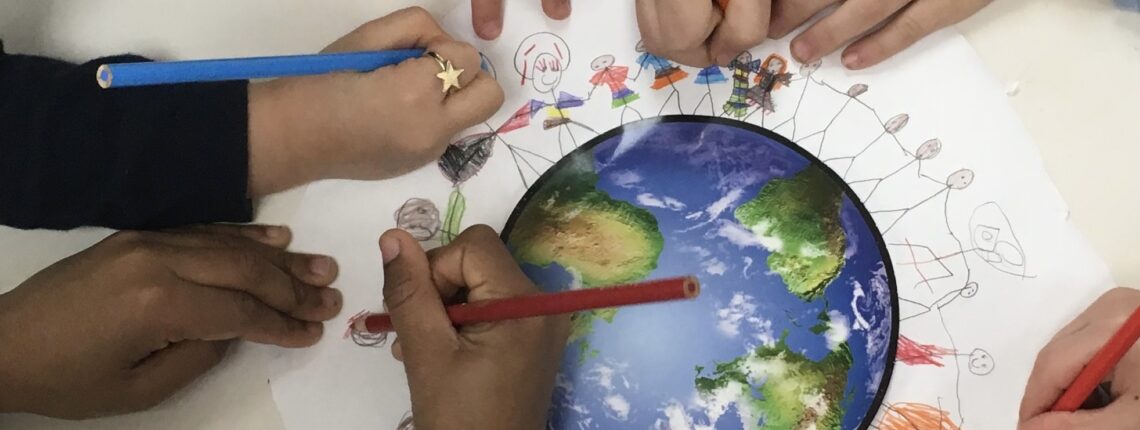This course is for you, whomever you may be.
It offers humanist guidance for ethical ceremonies, celebrations, and practices that families of all kinds can explore, adopt, revise, and create together to express their relationships and values in a humanist context. While honoring people who are influenced by diverse belief systems, a humanist framework offers a flexible base upon which to build. As a god-free or nontheistic base, it offers a meaning-filled groundwork with infinitely inclusive neutrality and creative potential. It lays the ground for a holistic approach for families to develop self-directed experiences/events and work with professional helpers as facilitators: Humanist Celebrants, Ethical Culture Officiants, Unitarian Universalist Ministers, Humanistic Rabbis, etc.
This course is geared toward families in the broadest sense of the word. It may offer guidance to cooperatives, homeschooling groups, Sunday School classes, or a whole congregation. This could prove useful to school teachers as well since finding the balance between values and holidays, and between learning and celebration, can be challenging. This course may be relevant to a very broad public, in fact, since the humanist perspective from which it has grown is inspired by an essential and universal core belief that humans have worth on Earth.
Human beings have a unique capacity and opportunity to create their own culture at each step along the road. The intention of this course is to liberate YOU toward creating your unique home or community culture through the choices you face in bonding participants and nurturing connections among them — to support you to take the risk of creative agency. You may forge pathways toward building the familial or community culture that resonates with the values you choose to live by.
American Humanist Association
“Humanism is a progressive philosophy of life that, without theism or other supernatural beliefs, affirms our ability and responsibility to lead ethical lives of personal fulfillment that aspire to the greater good of humanity.” (Humanist Manifesto III) — American Humanist Association

American Ethical Union
“Ethical Humanism, also called Ethical Culture, is an evolving body of ideas that inspires Ethical Societies…For Ethical Humanists, the ultimate religious questions are not about the existence of gods or an afterlife, but rather, ‘How can we create meaningfulness in this life?’ and ‘How should we treat each other?’” — American Ethical Union


